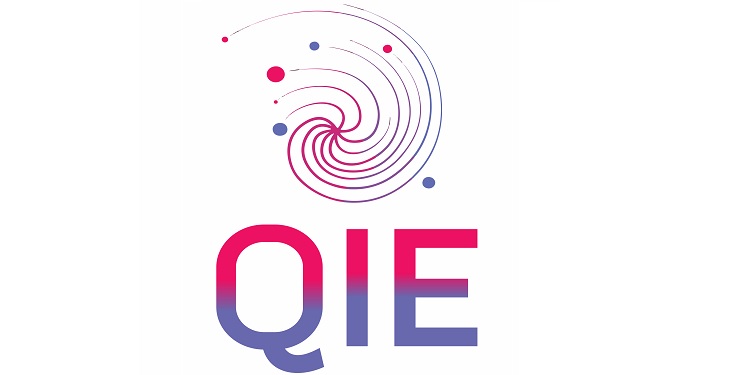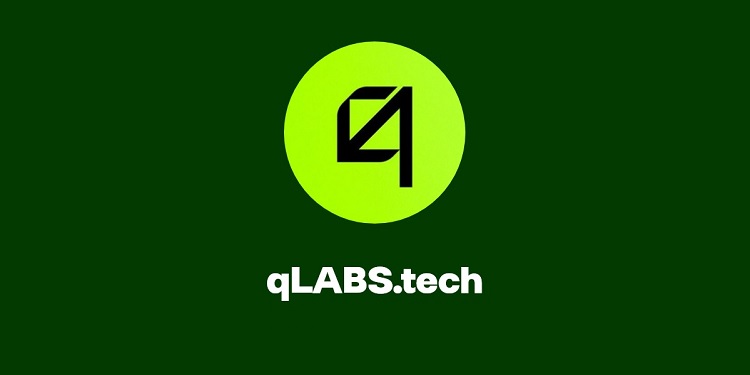Malaysia has introduced a new blockchain platform designed to enhance digital identity management, drawing comparisons to China’s social credit system. This initiative, named the MyDigital ID Superapp, aims to streamline access to digital services while ensuring data security and privacy. The platform seeks to create efficiencies for both individuals and businesses, allowing them to leverage blockchain technology for seamless digital interactions.
Aligning with Global Trends
The MyDigital ID Superapp closely mirrors China’s WeChat ecosystem, a widely used digital infrastructure that integrates social, financial, and governmental services. Similar to China’s approach, Malaysia’s initiative will be centrally managed, giving authorities comprehensive oversight of digital transactions and user data. This shift aligns with a broader global trend where governments are increasingly exploring blockchain-based solutions to enhance national infrastructure.
Blockchain’s Role in Digital Transformation
According to a key stakeholder from MYEG Alternative Payment Services Sdn Bhd, the implementation of the blockchain-powered system is expected to simplify digital services while maintaining robust data protection. Additionally, businesses are anticipated to benefit from increased operational efficiency and new economic opportunities in the evolving digital economy. However, concerns regarding potential risks to personal freedoms and the implications of centralized control over citizen data have been raised by industry observers.
A Paradigm Shift in Governance
Technological advancements have long been intertwined with governance models, and blockchain is increasingly seen as a tool for digital transformation. Experts have pointed out that China’s model serves as a testbed for future social frameworks, where digital identity systems could be used to monitor, control, or optimize societal functions. The growing reliance on centralized digital identities has sparked discussions on the balance between technological convenience and civil liberties.
Surveillance and Control Concerns
Industry leaders have noted that advancements in artificial intelligence and surveillance technologies are rapidly changing how societies operate. Some experts have emphasized that such tools, when combined with blockchain and digital identity systems, could lead to unprecedented levels of oversight. Advocates of these initiatives argue that these technologies enhance security and efficiency, but critics caution against potential misuse.
The Role of Quantum Computing
With emerging technologies such as quantum computing on the horizon, concerns regarding data security in blockchain systems have intensified. Researchers suggest that quantum advancements could potentially compromise encrypted databases, making personal and financial information vulnerable to exploitation. If such developments materialize, digital identity frameworks could face significant security challenges in the future.
The Future of Digital Identity
As digital transformation accelerates, the intersection of governance, technology, and personal freedoms remains a focal point of discussion. Malaysia’s blockchain-based identity initiative is part of a broader trend toward digital governance, and its long-term impact will depend on how it balances innovation with the protection of individual rights. While these systems promise increased efficiency, the potential for centralized oversight and mass data collection continues to fuel debates on the future of digital identity.









